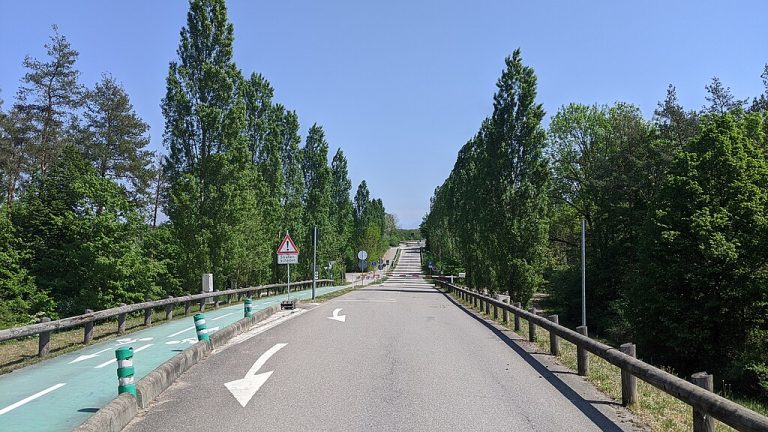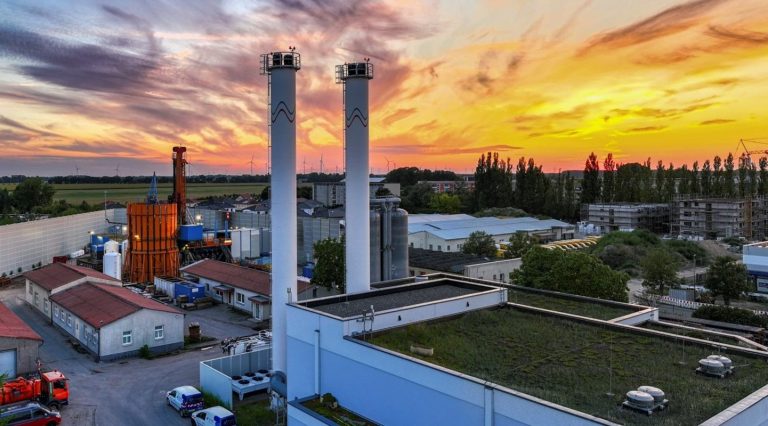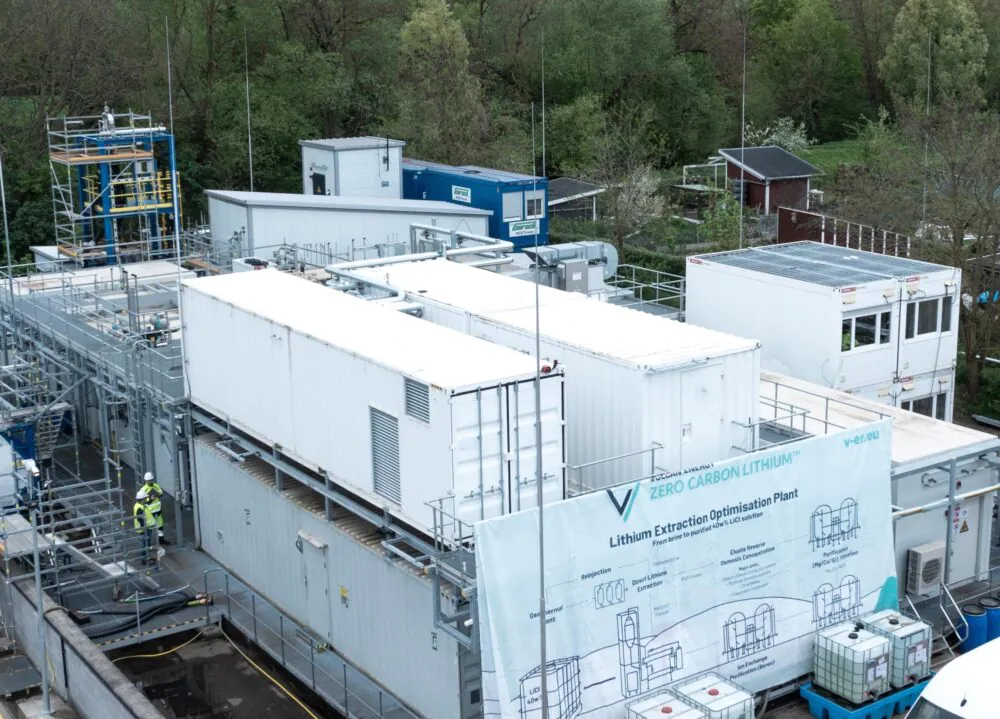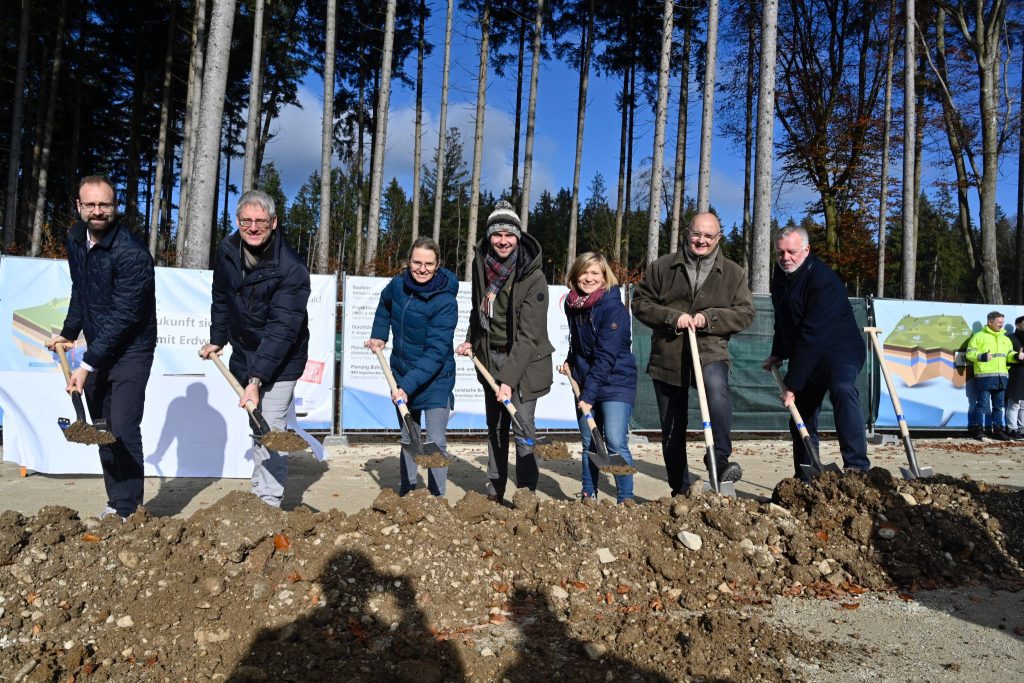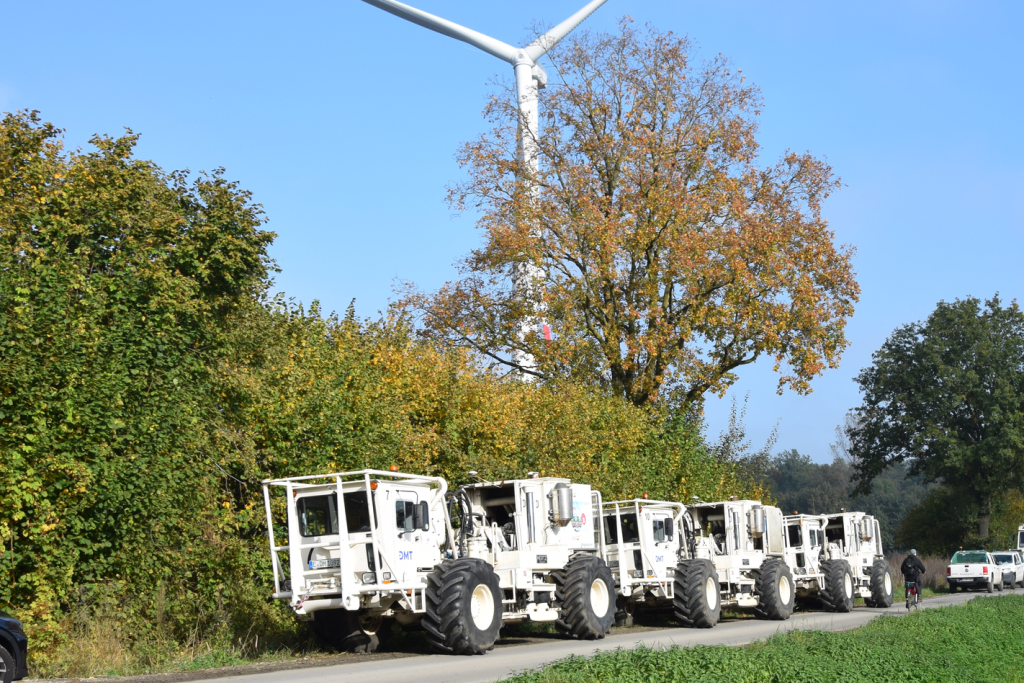
The individual changes to the law are as follows:
The Bureaucracy Reduction Act IV (BEG IV) clarifies that near-surface geothermal energy (up to 400 m) does not fall within the scope of mining law, and thus mining law approval procedures for near-surface geothermal are not required.
The law on accelerating approval procedures for geothermal energy systems, heat pumps and heat storage systems as well as other legal framework conditions (GeoWG) accelerates, simplifies and digitalizes approval procedures for geothermal energy, certain heat pumps and heat storage systems. This also introduces maximum deadlines for approval procedures under mining law.
The draft law amending the Water Resources Act contains ambitious water law approval deadlines for geothermal energy and heat pumps.
The amendment to the building law provides for the introduction of a privileged situation for geothermal energy and ensures that geothermal projects in outdoor areas can be approved more easily.
The classification of geothermal energy, heat pumps, and heat storage as system of paramount public interest that should be given greater weight in the decision-making process.
“The potential of geothermal energy, i.e. direct geothermal heat from deeper rock layers, has been neglected in Germany for decades. Now we are finally bringing geothermal energy out of the shadows,” said Robert Habeck, Federal Minister for Economic Affairs and Climate Protection (BMWK).
“We are ensuring that the thermal energy from deep layers of the earth can be used for our energy supply in a targeted and unbureaucratic manner. In this way, we can drive forward the energy transition more quickly in the heating sector and thus further reduce our dependence on oil, gas and coal.”


